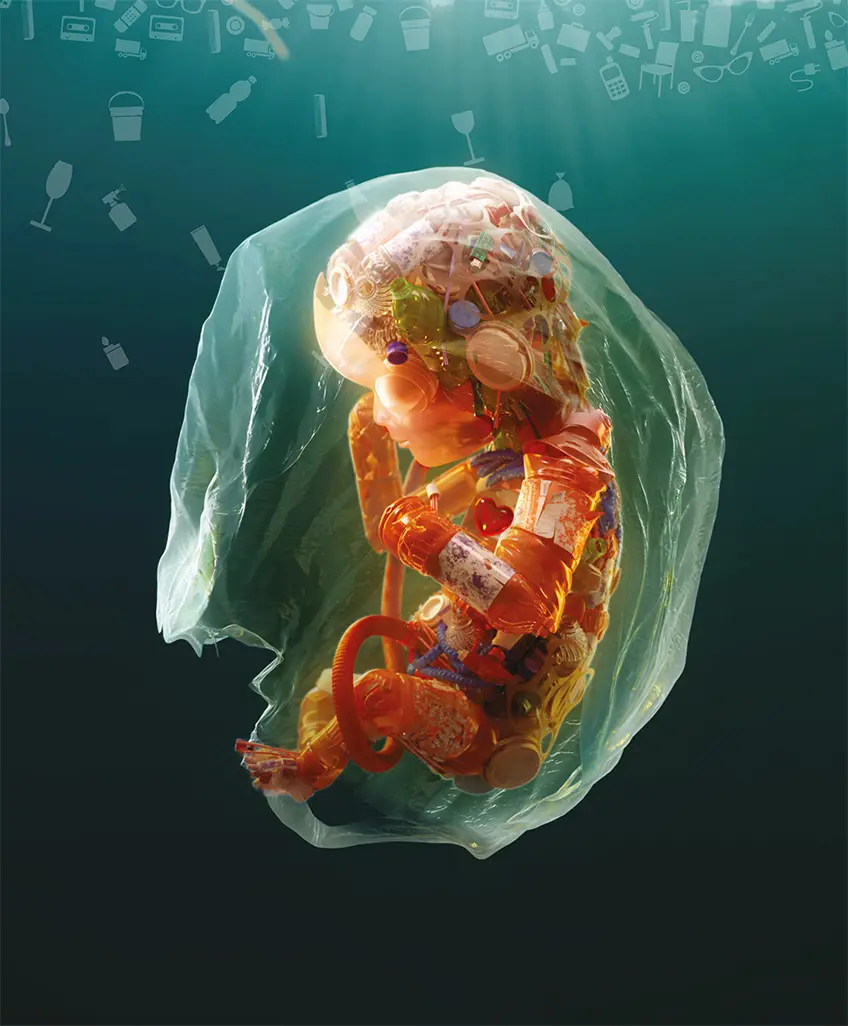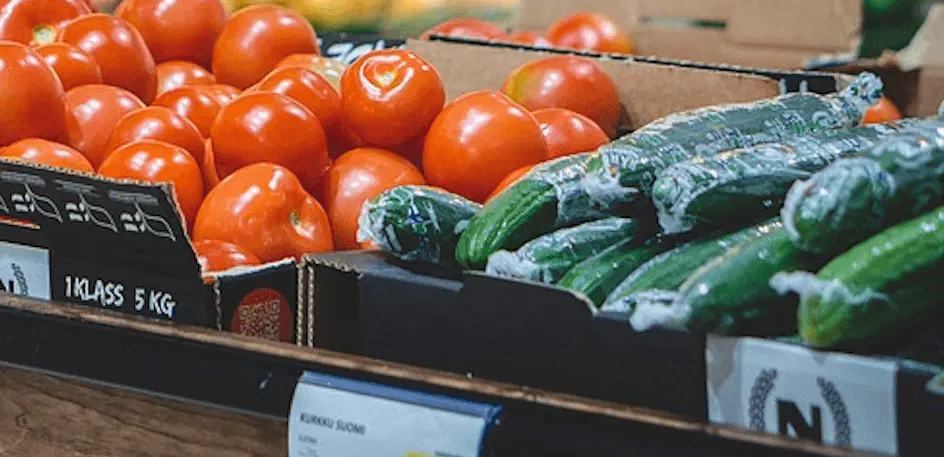The use of plastic has grown immensely since the 1950s. From this point in time onwards, large multinational companies like Coca-Cola invested in public information campaigns with mottos such as “Packages don’t litter, people do.” In these campaigns, consumers are instructed to dispose of their litter in a responsible manner and are made entirely responsible for that same litter. The underlying message is clear: companies can use as much plastic packaging as they want, as long as they can shift responsibility for the end of life phase to the consumer. Special organisations funded by multinationals were created for these instructional campaigns: Keep America Beautiful came into existence in 1953, and later, sister organisations were created in other countries. The present proliferation of plastic pollution shows that all attempts to shift the responsibility to consumers behaviours have been anything but effective.
Influence on consumer behaviour
Of course, nobody will deny the importance of responsible consumer behaviour and getting people to handle their litter responsibly. But realistically, is it possible to combat the plastic soup through behavioural change alone? A half-century of instructional campaigns in the United States has not changed anything. American cities are starting to feel the pressure to ban certain items such as plastic bags and disposable cups; plastic pollution has become uncontrollable. Only now steps are being taken to implement solutions that the industry — through instructional campaigns — has desperately tried to avoid: taxation on packaging material, the prohibition of certain products, and that (bottle) deposit schemes become mandatory.
Coca-Cola’s World Without Waste-campaign
Coca-Cola has been using the ‘World Without Waste’ campaign since 2018. Part of this campaign is that in cooperation with local organisations, all Coca-Cola packaging will be recovered to be recycled on a worldwide basis by 2025. It sounds fantastic and ambitious: we’re talking about three million tons of plastic packaging, equivalent to 200,000 bottles per minute. Not a single bottle is allowed to enter the environment. Will it work? In the Netherlands, the strategy has been elaborated upon with the ‘Let’s not waste this summer’ campaign, based on consumer behaviour. Consumers are told not to buy Coca-Cola if they are not willing to help the company recycle the packaging. Everybody should return the packaging in a responsible manner; those who do gain the opportunity to prizes. This all sounds nice, but will the people who normally throw their bottles and cans on the street feel that the campaign is directed at them? Will they stop drinking Cola? We think not. It’s a clever campaign which gives Coca-Cola the opportunity to present itself as a sustainable company, while at the same time shifting the responsibility for bottles and the cans to consumers.



